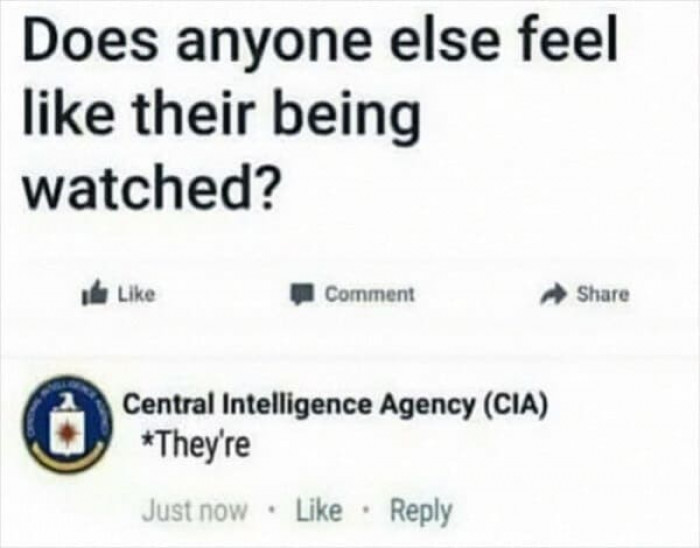30+ Instances Of Clueless People Trying To Correct Others Online But Ending Up Being Ridiculed
People's need to be right can be a very destructive force, especially when it is based on limited knowledge and false information. People who don't know the facts very well can be particularly dangerous when they believe they know better than doctors and scientists, who have years of experience and education behind them.
This kind of attitude can lead to dangerous or even deadly outcomes, as people may choose to ignore the advice of experts in favor of their own beliefs. Unfortunately, there are a lot of people like that out there.
The following gallery proves that. The internet has created an age of information overload, and it seems that people are getting dumber by the day.
The sheer volume of information available, combined with the low ability to process it, is creating a generation of people who are unable to think for themselves. The internet has given us access to more information than ever before, but it has also made us more reliant on others to filter and interpret that information for us.
We are bombarded with so much information every day that we can no longer process it all effectively. As a result, we are increasingly reliant on others to tell us what to think and believe.
The internet is like a superpower for us mere mortals. Thanks to anonymity, we can all pretend to be know-it-alls, even if we don't really know what we're talking about.
But when we get it wrong, oh boy, do we get it wrong! We've all seen the hilarious examples of incorrectly corrected posts floating around social media, which is why there are entire groups, subreddits, and pages dedicated to them.
Here are some of the funniest ones - enjoy!
1. Dozens people worldwide

2. They are

3. Should be changed

4. No, them aren't

5. Sheep, actually

6. Well, this is awkward

7. Sprite or spite?

8. The whole thing?

9. Not that eggs, you idiot...

10. You're and Your

11. Uno, you don't know how to play the game

12. Fiscally or physically?

13. That showed them

14. That's some interesting math...

15. Books and movies

16. TV, Earth, and atheists

17. Them

18. Ok, buddy...

19. This guy is so delusional.

20. Frozen water...

21. Oh, man...

22. Really?

23. Some people...

24. Wait...

25. Telling time is difficult

26. I hope this person doesn't do anything important

27. Actually...

28. Rubber source? Yeah, right. Rubber comes from out of space

29. Cream Cheese and Cheese

30. Yes, blame the school system...

31. Where do these people get this kind of information?

32. A pound is heavier than kg?

33. English major?

34. More than a day

Have you heard about the Dunning-Kruger effect? It is a cognitive bias in which people with low ability in a certain area mistakenly think they are much more skilled than they actually are.
The bias is named after psychologists David Dunning and Justin Kruger, who first described it in a paper published in 1999. The Dunning-Kruger effect is a specific type of cognitive bias known as illusory superiority.
The Dunning-Kruger effect has been demonstrated in a variety of tasks, including grammar, logic, and a sense of humor. In each case, those with the lowest ability level mistakenly believed they were doing better than they actually were, while those with the highest ability level underestimated their own ability.
The Dunning-Kruger effect has implications for many areas of life. For example, it may help to explain why some people are confident in their ability to do things they are actually not very good at, like giving directions, or why some people persist in holding false beliefs even after they have been shown to be wrong.
The effect may also help to explain why some people are better at learning from their mistakes than others.




